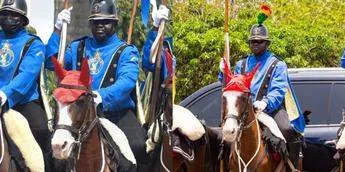
A high court in Ghana has issued an order blocking civil society groups from holding a protest in the capital, Accra.
In the early hours of today, High Court Justice Abena Afia Serwaa approved a request by Ghana's police to ban demonstrators from carrying out protests due to a lack of security personnel.
According to reports, the youth-led demonstrations planned to be held between July 31 and August 6 were intended to address a range of pressing issues and concerns that resonate deeply with many citizens, who have been vocal about their dissatisfaction with the current state of affairs.
These include widespread corruption within the government and public institutions, the high cost of living and economic hardships faced by many Ghanaians, and frustration over delays in signing an anti-LGBT bill into law.
The Ghana Police Authority claimed it lacked the personnel necessary to provide security as many officers were already deployed to political rallies amid election campaigning.
The court's ruling has also sparked a debate about the balance between maintaining public order and upholding the right to peaceful assembly.
One of the protest organisers, Mensah Thompson, said elections should not block citizens from exercising their right to demonstrate, as doing so has significant implications.
"Young people are poised to demonstrate with or without the approval of the authorities," he said.
"A time will come when they spontaneously jump on the streets, and we will have a 'Kenya' on our hands."
Critics also argued that the decision to ban the protests could stifle public discourse and prevent citizens from expressing their grievances.
According to one critic, blocking these protests raises questions about the government's commitment to democratic principles, such as freedom of speech and the right to peaceful assembly.
Surprisingly, the situation in Ghana is not unique. Similar youth-led demonstrations have been observed in other African countries, such as Kenya, Uganda, and Nigeria, where citizens have taken to the streets to protest the high cost of living and economic hardships they face.
In Kenya, more than 50 people have been killed, and hundreds were arrested in a clash between the police and demonstrators. The protesters took to the streets in mid-June to oppose tax increases proposed by President William Ruto.
President Ruto fired his cabinet as the protests intensified, eventually scrapping the tax bill.
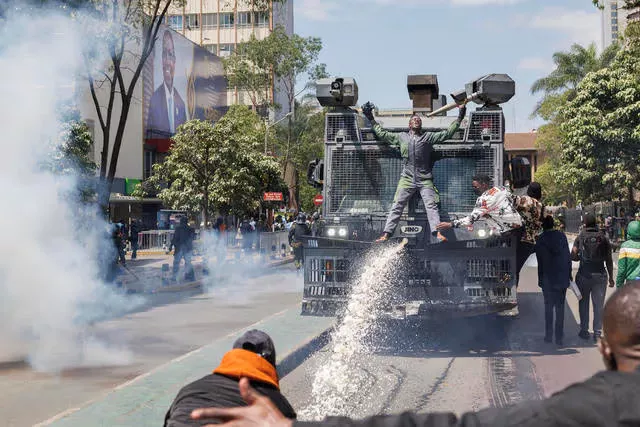
Kenyan protests were costly but largely effective
Last week, Ugandans also took to the streets to protest against alleged corruption and demanded the parliament speaker's resignation.
The Police managed to shut down the protests, arresting more than 70 people, according to a legal aid organisation.
These regional parallels underscore the challenges facing African nations as they strive for economic stability and democratic governance.

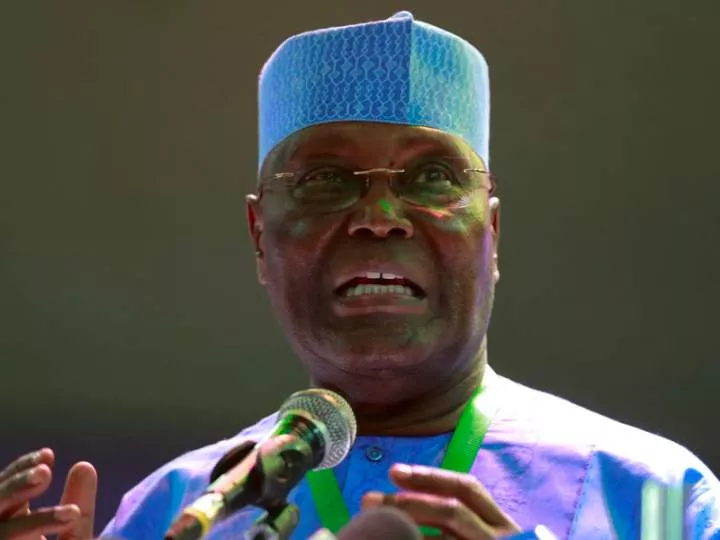
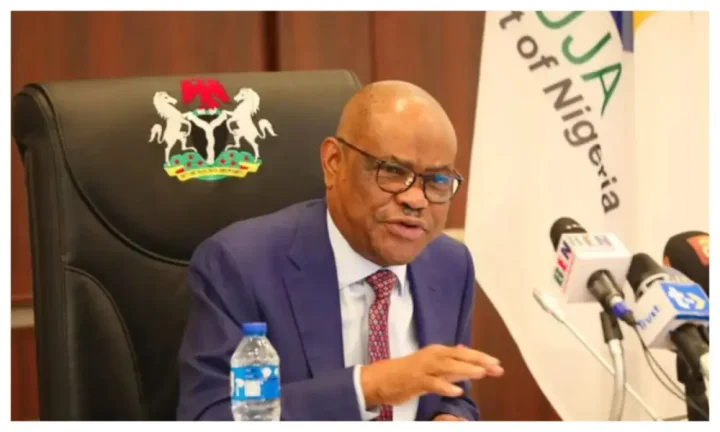
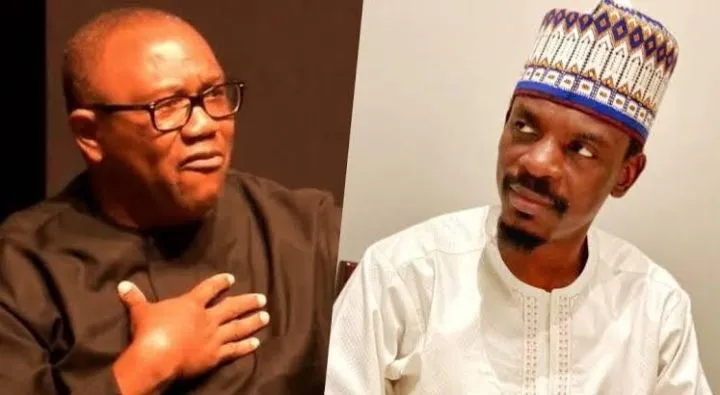
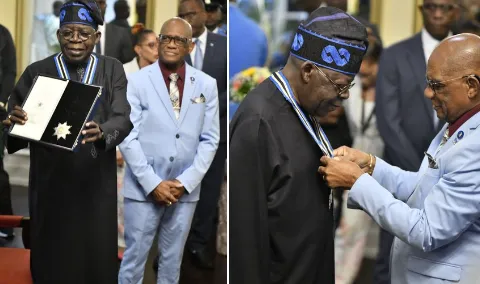
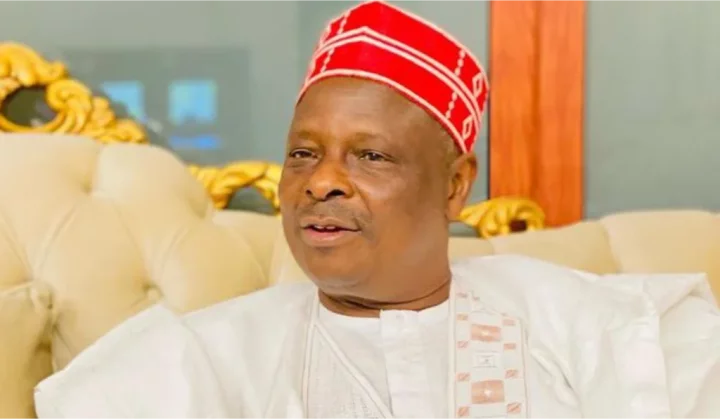



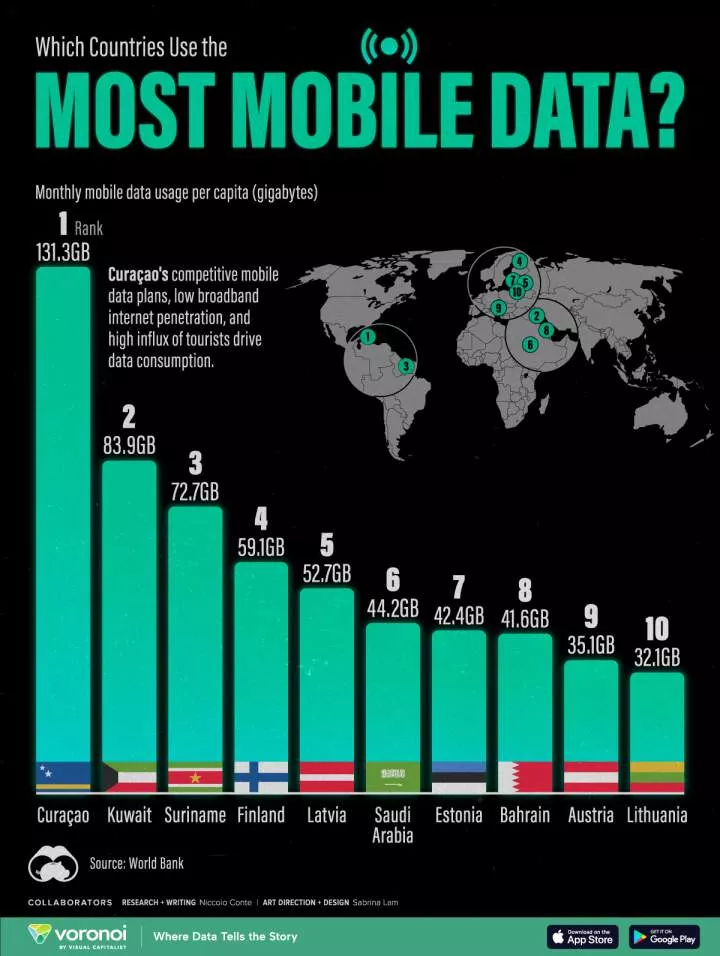


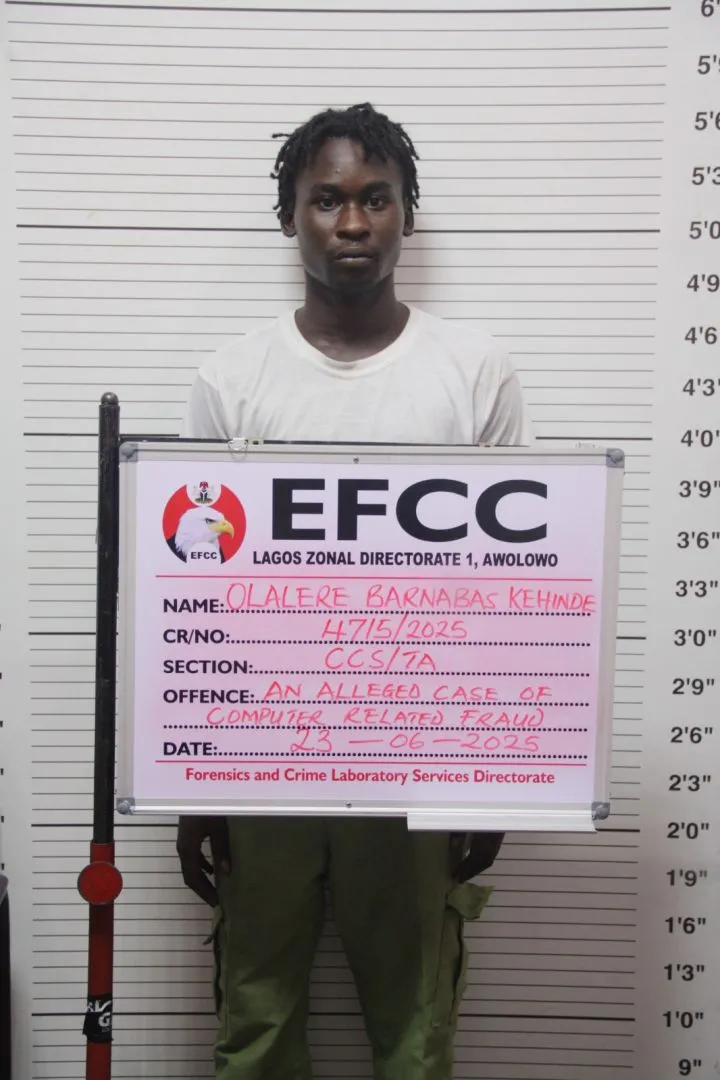
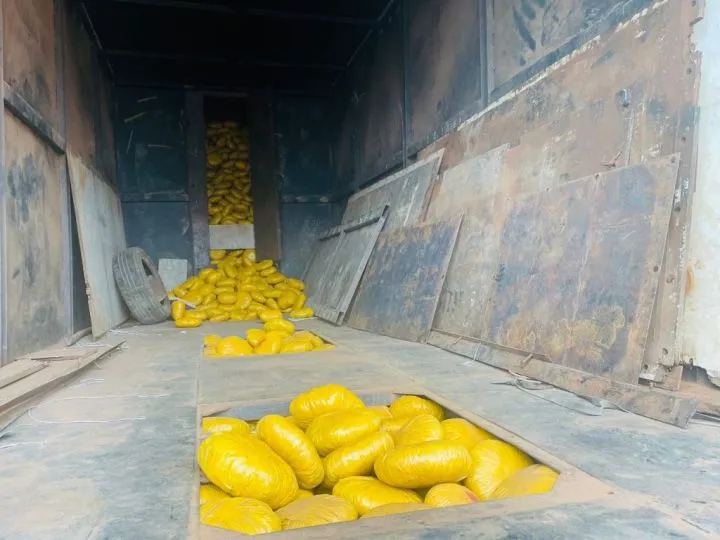


Comments